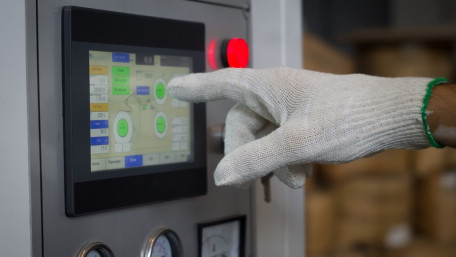
Two primary technologies are used for creating touchscreens. For industrial HMIs, resistive and capacitive methods both contain certain advantages for various…
Two primary technologies are used for creating touchscreens. For industrial HMIs, resistive and capacitive methods both contain certain advantages for various applications.
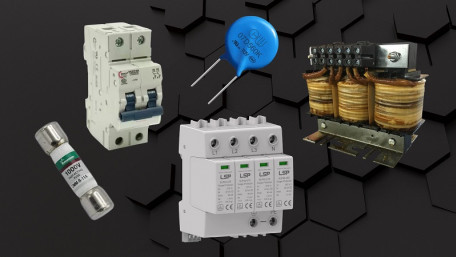
Protection against faults is crucial for any electrical system. This article examines various protective devices,…
Protection against faults is crucial for any electrical system. This article examines various protective devices, highlighting their roles and best use cases to ensure system integrity and longevity.
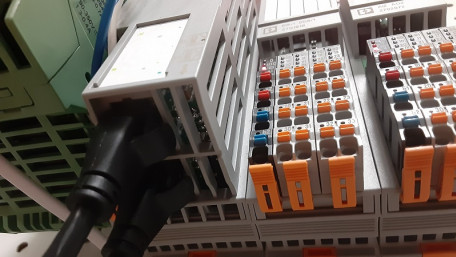
Every automated cell requires a ‘brain’ in order to achieve the required tasks. How do you determine the necessary…
Every automated cell requires a ‘brain’ in order to achieve the required tasks. How do you determine the necessary I/O, communication protocols, and processor necessary for controlling your system?
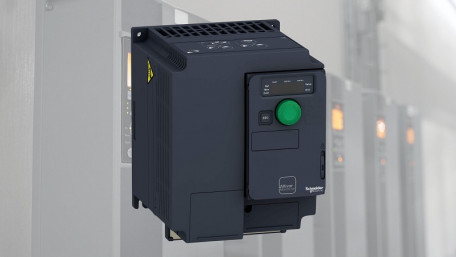
This article investigates the basic principles of inverters, different types of DC-to-AC conversion, and common…
This article investigates the basic principles of inverters, different types of DC-to-AC conversion, and common applications for generating AC voltage in manufacturing.
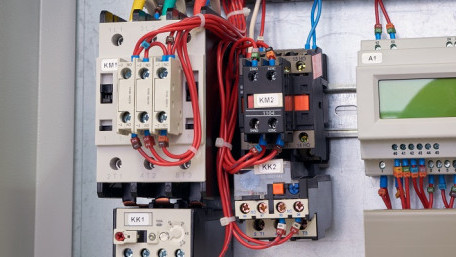
This article investigates the basic components and wiring conventions for common three-phase motor starter…
This article investigates the basic components and wiring conventions for common three-phase motor starter configurations, including direct online, reversing, and star-delta.
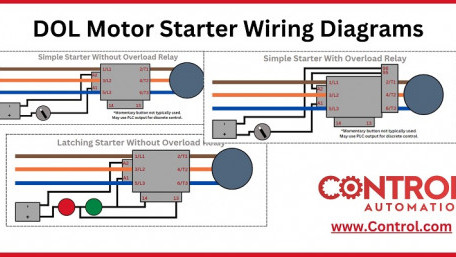
Complete wiring guide for 3-phase motor starters with and without overload (OL) relays.
Complete wiring guide for 3-phase motor starters with and without overload (OL) relays.
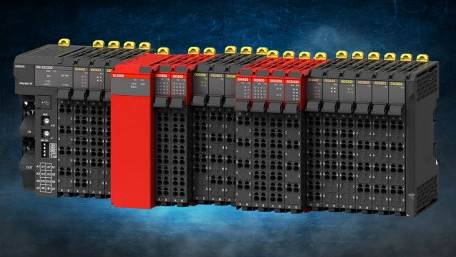
This article investigates the basic qualities that make up a safety PLC, what distinguishes a safety PLC from a standard…
This article investigates the basic qualities that make up a safety PLC, what distinguishes a safety PLC from a standard model, and the reasons for which a safety PLC may be critical.
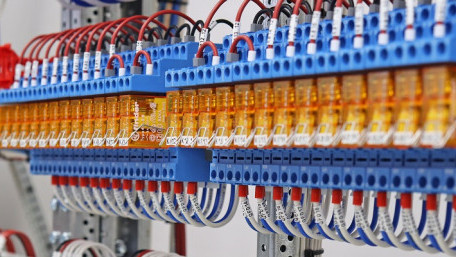
Have you ever heard of a relay? Of course you have. There are many different kinds, plus hundreds of different trade…
Have you ever heard of a relay? Of course you have. There are many different kinds, plus hundreds of different trade lingo names. What are some of the most common, and how do we use them?
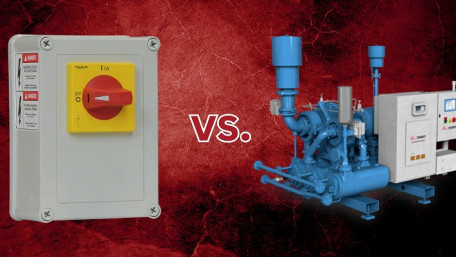
Knowing what kind of control system to use: that’s a question that must be answered before setting up the factory…
Knowing what kind of control system to use: that’s a question that must be answered before setting up the factory floor. Why would someone choose pneumatic over electrical controls?
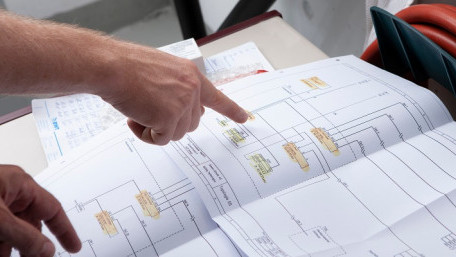
In order to trace control system problems to the core, the ability to read and interpret various resources, from…
In order to trace control system problems to the core, the ability to read and interpret various resources, from facility-level diagrams to machine-level wiring layouts, is critical.
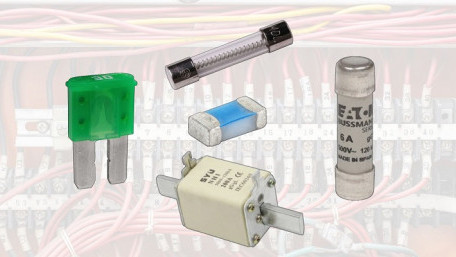
Protecting equipment and personnel from overcurrent dangers, like sparks and fires, is the primary job of the humble…
Protecting equipment and personnel from overcurrent dangers, like sparks and fires, is the primary job of the humble fuse, one of the most basic, yet critical of all safety devices.
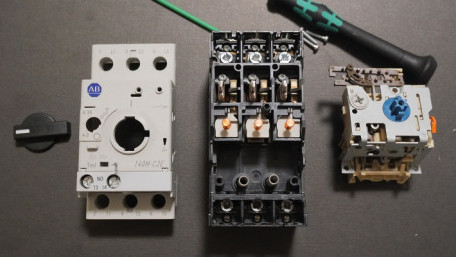
We depend on circuit breakers all the time, even when you have a day off or work from home. These overcurrent protection…
We depend on circuit breakers all the time, even when you have a day off or work from home. These overcurrent protection devices keep machines running safely, reducing the risk of fires and arcing.
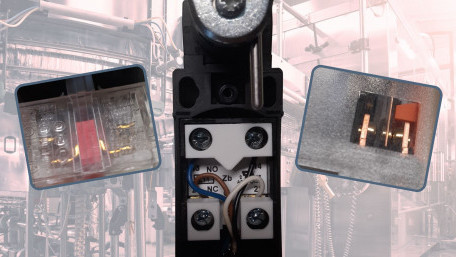
Some terminology, like 'normally open' and 'normally closed' switch contacts, is common throughout industry but can still…
Some terminology, like 'normally open' and 'normally closed' switch contacts, is common throughout industry but can still be confusing, misleading, or even hazardous if not properly understood.
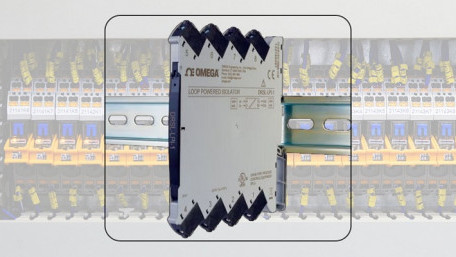
Many signal sources and process transmitters do not include isolation, which can cause problems when the instruments are…
Many signal sources and process transmitters do not include isolation, which can cause problems when the instruments are at different locations. A loop powered isolator is often the solution.
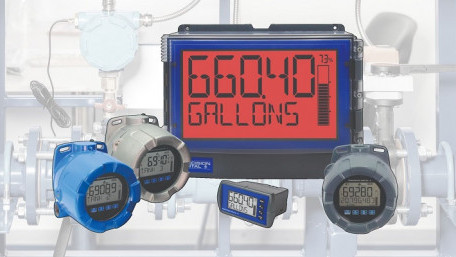
Have you ever needed to know the temperature, pressure, flow, or other measurement on location, but the readout is way…
Have you ever needed to know the temperature, pressure, flow, or other measurement on location, but the readout is way off in the control room? Here’s an easy way to add a readout in the field.
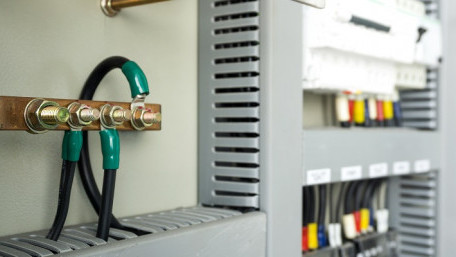
Additional rules for the grounding and bonding of industrial control panels include the sizing of ground conductors and…
Additional rules for the grounding and bonding of industrial control panels include the sizing of ground conductors and the conditions that dictate when power supplies and transformers must be grounded.
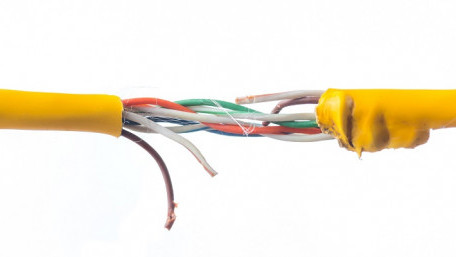
Whether working with measurement tools or process controllers, it is important to recognize faulty display values and the…
Whether working with measurement tools or process controllers, it is important to recognize faulty display values and the best ways to fix them.
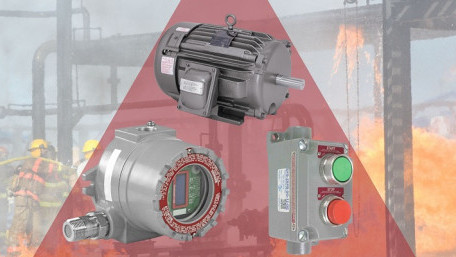
Some workplaces are more dangerous than others, not because of the practices, but rather the products. Where do…
Some workplaces are more dangerous than others, not because of the practices, but rather the products. Where do explosions occur, and what practices exist to reduce such risk for equipment and workforce?
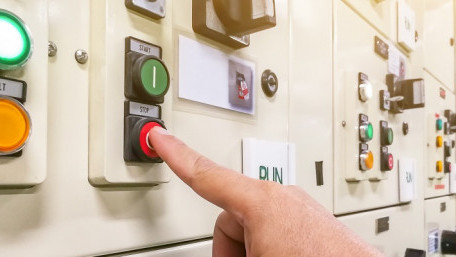
Driving motors is one of the most fundamental automation tasks, but understanding and selecting the proper motor soft…
Driving motors is one of the most fundamental automation tasks, but understanding and selecting the proper motor soft starter for your application may require more investigation than you thought.
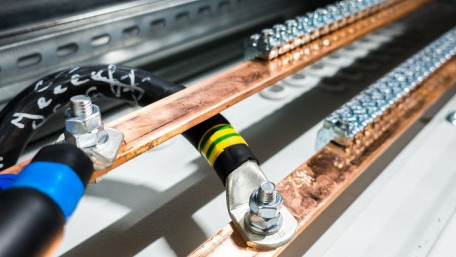
Ground wires reduce the risk of injury and damage from faulty equipment. Shops designing according to the UL 508A…
Ground wires reduce the risk of injury and damage from faulty equipment. Shops designing according to the UL 508A standard must understand how, when, and why to properly ground and bond circuits.
